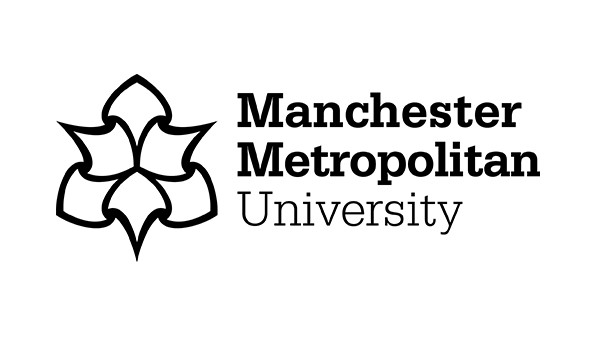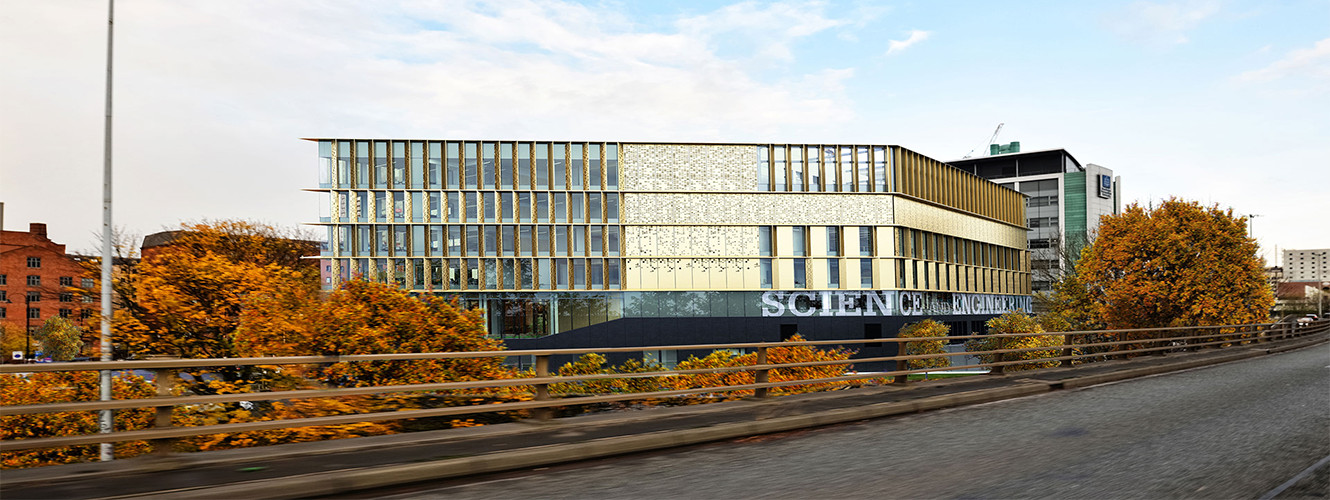UK80 BSc (Hons) Criminology and Sociology with Quantitative Methods Manchester Metropolitan University
-
THÔNG TIN CHUNG
BSc Criminology and Sociology with Quantitative Methods offers exciting opportunities for you to combine the study of the cutting-edge disciplines of criminology and sociology in the vibrant city of Manchester, whilst gaining extensive quantitative skills. Joint Honours students are based in one department, the Department of Sociology, which teaches both specialisms.
The BSc Criminology and Sociology with Quantitative Methods course is aimed at students who are interested in both disciplines and want to study the causes, patterns, consequences and responses to crime by situating them in the wider context of society, as well as develop a specialism in quantitative research methods. The first year introduces you to the building blocks of criminology and sociology: key sociological and criminological theories, social divisions and problems, the criminal justice system, crime policy and practice, and key social transformations such as digital culture. You will receive training in a wide range of research methods, both qualitative and quantitative, during the first two years. In the final year, you will focus on quantitative methods for designing, implementing and analysing social and criminological research, and will complete an independent project.
Our large, multi-disciplinary department believes in offering extensive optionality to study specific areas of sociology and criminology in depth. Throughout the degree, there is an emphasis on developing skills and experiences that are relevant to professional careers, including work experience, study-abroad schemes, and independent project work. In your final year, you also have the opportunity complete a placement in a relevant organisation. You may also have the opportunity to spend an extra year expanding your horizons studying with one of our partner universities overseas.
Placement options
With support from the dedicated placement team, you can research and apply for a wide range of roles available both in the UK and abroad.
While the emphasis is on the student to secure a position, the placement team will provide links to employers through presentations, events, and fairs, and provide a specialist programme of guidance on recruitment procedures including CV and interview preparation, as well as work readiness and working overseas.
-
CƠ HỘI NGHỀ NGHIỆP
Opportunities may exist in the established agencies of the criminal justice system (for example, the police, prisons and probation services or in the private sector companies that have undertaken the provision of criminal justice services). There is also the potential to work in areas such as probation work, housing, family care and other roles in social services. Other graduates have gone into administrative and managerial jobs in local or national government, or have roles within the voluntary sector.
There is also the opportunity to engage in further study and professional training, for example some of our graduates go on to study at postgraduate level with our range of masters programmes. Our courses are informed by experts in their field, from MSc Applied Quantitative Methods, which is based at one of only 18 Q-Step Centre’s in the UK, and MA Applied Criminology, taught by former justice practitioners and research experts; to the Master in Public Administration and MSc Evaluation and Policy Analysis, which are both led by academics from the Policy Evaluation and Research Unit (PERU).
- ĐIỀU KIỆN ĐẦU VÀO
- ĐIỀU KIỆN NGÔN NGỮ
- HỌC BỔNG
- ĐỊA ĐIỂM
Tóm tắt
-
Phí ghi danh
0
-
Độ dài khoá học
3 năm
-
Kỳ nhập học
Tháng 9
Phí Cơ Bản
-
Loại Tiền
-
Học Phí
Trên năm -
Phí Sinh Hoạt
Trên năm -
Tổng






